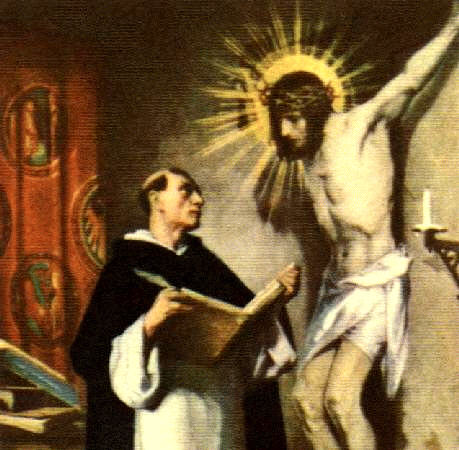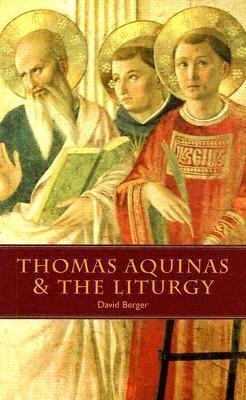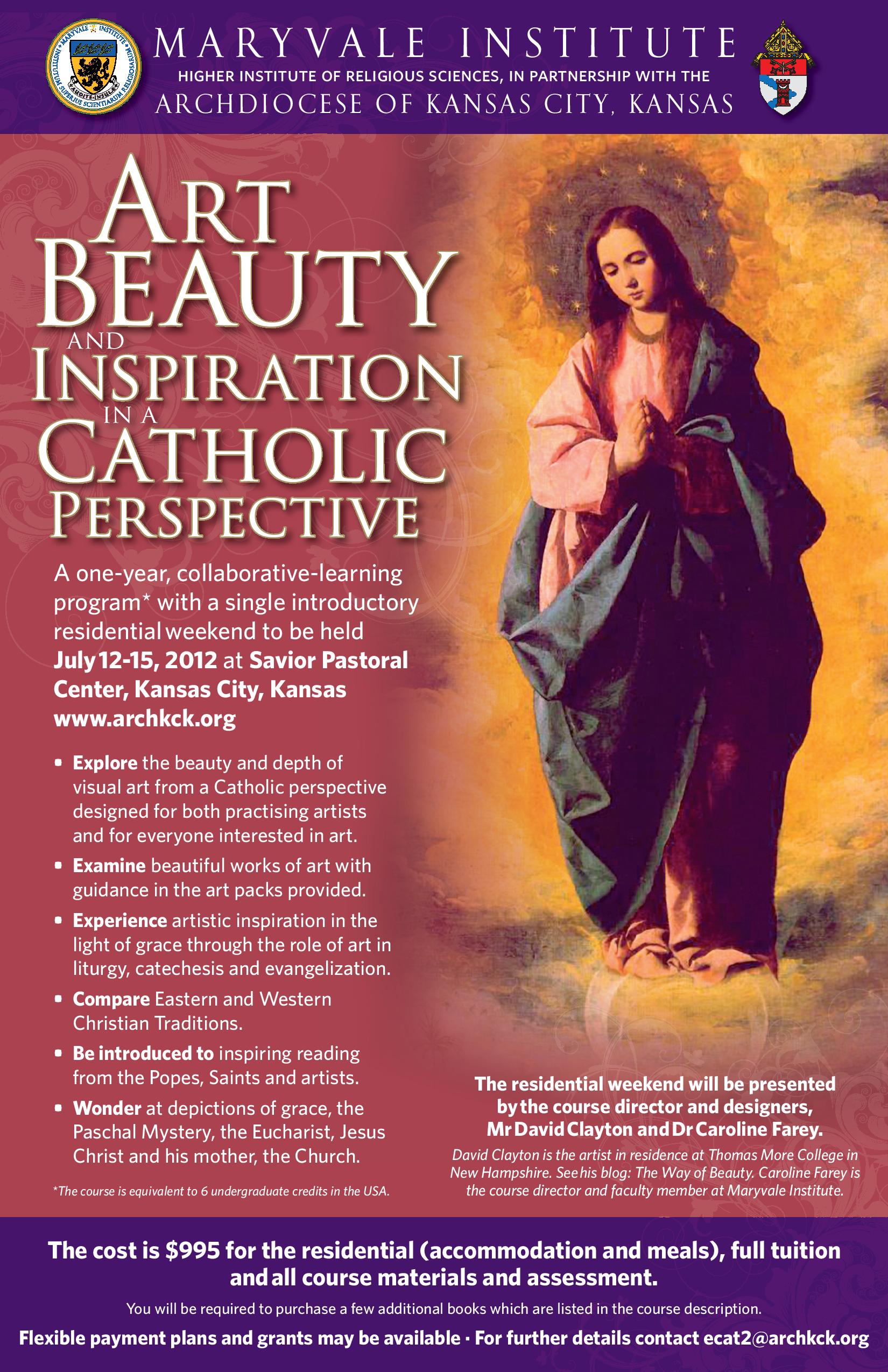 Educators take note! Here is the greatest source of wisdom. When writing about Jean Leclercq's Love of Learning and the Desire for God, I referred to his description of the tension that exists between the different educational approaches of the scholastic and the monastics schools . The former characterised (in part) by relying of very dry, technical language of logic; the latter relying on more accessible language that draws on sources such as scripture more directly, which while more poetic and beautiful might be criticised for lacking precision). As Leclercq points out, when the spiritual life of the person is centred on the liturgy, then either form of education can open the door to full knowledge, in love and through God's grace. The liturgy is the place where all of this can be synthesized and one is immersed in God’s wisdom and this, deep in the heart of the person, is where we form the culture.
St Thomas is the first name who comes to mind when one thinks of scholastics so his attitude to the liturgy would be of interest in this regard. In his little book Thomas Aquinas and the Liturgy, David Berger directs us to Thomas's special regard for the psalms and in the Divine Office as source of grace and wisdom, which reinforces the point that Leclerqc made. This regard for the psalms arises because Thomas considered that within the single book of the psalms they contain the entire content of theology. Berger refers us to his commentary on the psalms where Thomas says the following: 'The material is universal for while the particular books of the Canon of Scripture contain special materials, this book has the general material of Theology as a whole.' Then in referring to their special place in the liturgy where they are to be sung he says: 'This is what Dionysius [the Areopagite] says in Book 3 of the Celestial Hierarchy, the sacred scripture of the Divine Songs (Psalms) is intended to sing of all sacred and divine workings.' St Thomas goes on to tell us that these are presented in the most dignified form - liturgical praise, thanksgiving and prayer. And according to St Thomas, says Berger, 'wherever theology reverts to the psalms it shows it's character of wisdom in a special way'
Educators take note! Here is the greatest source of wisdom. When writing about Jean Leclercq's Love of Learning and the Desire for God, I referred to his description of the tension that exists between the different educational approaches of the scholastic and the monastics schools . The former characterised (in part) by relying of very dry, technical language of logic; the latter relying on more accessible language that draws on sources such as scripture more directly, which while more poetic and beautiful might be criticised for lacking precision). As Leclercq points out, when the spiritual life of the person is centred on the liturgy, then either form of education can open the door to full knowledge, in love and through God's grace. The liturgy is the place where all of this can be synthesized and one is immersed in God’s wisdom and this, deep in the heart of the person, is where we form the culture.
St Thomas is the first name who comes to mind when one thinks of scholastics so his attitude to the liturgy would be of interest in this regard. In his little book Thomas Aquinas and the Liturgy, David Berger directs us to Thomas's special regard for the psalms and in the Divine Office as source of grace and wisdom, which reinforces the point that Leclerqc made. This regard for the psalms arises because Thomas considered that within the single book of the psalms they contain the entire content of theology. Berger refers us to his commentary on the psalms where Thomas says the following: 'The material is universal for while the particular books of the Canon of Scripture contain special materials, this book has the general material of Theology as a whole.' Then in referring to their special place in the liturgy where they are to be sung he says: 'This is what Dionysius [the Areopagite] says in Book 3 of the Celestial Hierarchy, the sacred scripture of the Divine Songs (Psalms) is intended to sing of all sacred and divine workings.' St Thomas goes on to tell us that these are presented in the most dignified form - liturgical praise, thanksgiving and prayer. And according to St Thomas, says Berger, 'wherever theology reverts to the psalms it shows it's character of wisdom in a special way'
Then referring to Aquinas's early education as a Benedictine at Monte Cassino, Berger says: 'The love of singing the psalms in the context of the divine office, founded in Monte Cassino, seems to have stayed alive in Thomas all his life. The best known of Thomas's early biographers, William of Tocco, who had the privilege of knowing Thomas personally, reports that he would arise at night before the actual hour of Mattins.' (p14)
If wisdom is the goal of education, this reinforces the idea that the liturgy, including the liturgy of the hours, should be at the heart of the life of an educational institution, and that students should be encouraged to understand the value of this in helping them to achieve their goal. It is not simply that it is the whole psalter is sung in liturgy, but that the liturgy itself prepares us to receive and accept the wisdom contained within them in a special way.
One hopes that it is having the same effect on me as it has on St Thomas, even if only partially!
Plus don't forget to tell your friends about the course on art and beauty this summer.....



